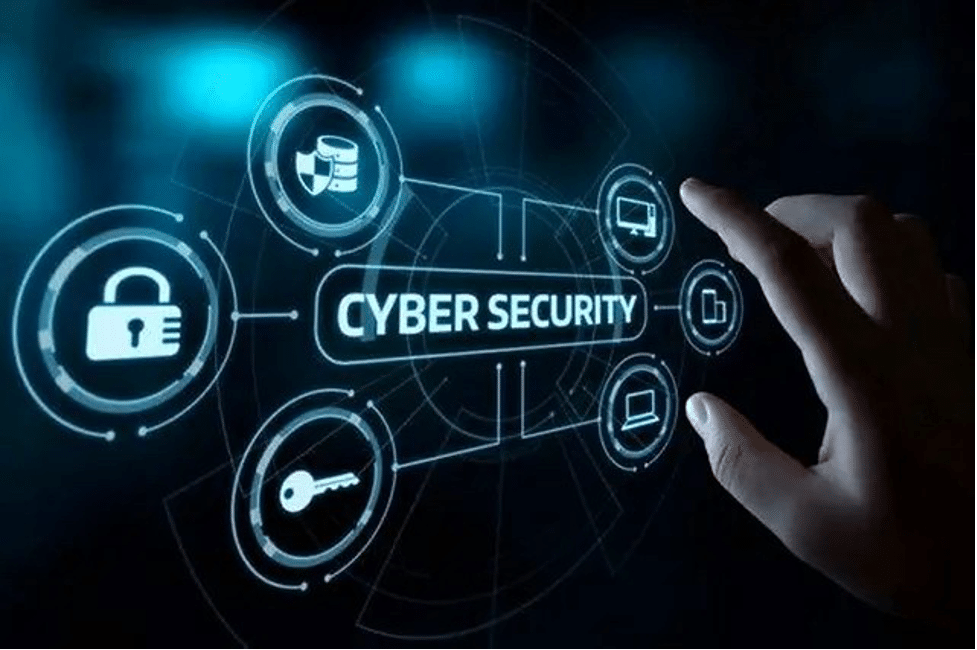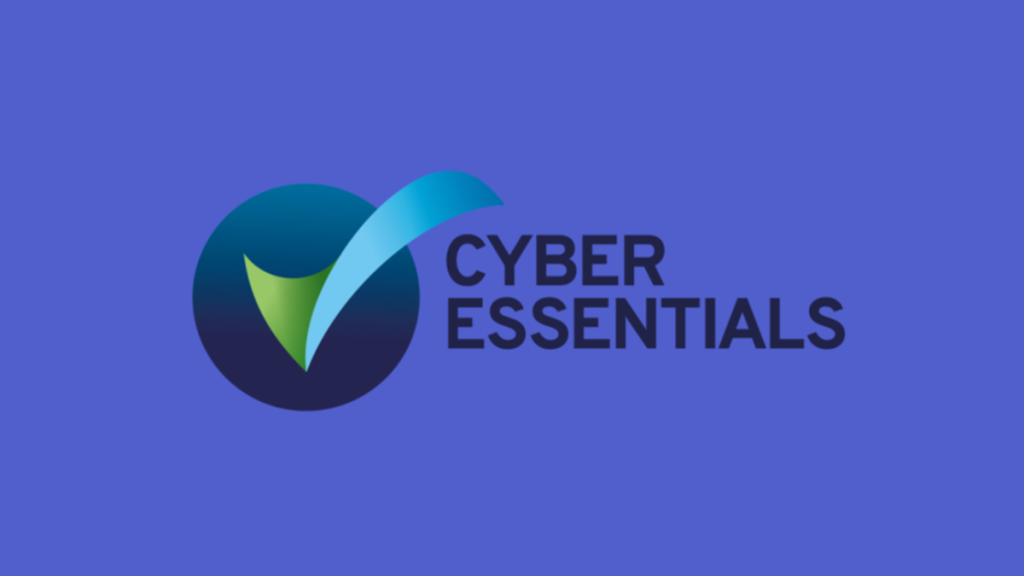In today’s world, technology has become the backbone of businesses to run smoothly. From new startups to large MNCs, everyone relies on technology for their daily operations. However, this increased dependence also comes with a dark side – cyberattacks. Cyberattacks such as phishing, ransomware, malware, and data breaches can disrupt operations, steal sensitive information, and cause significant losses.
Whether it’s storing customer information, handling payments, or communicating online, your data is valuable. That’s why governments and organisations encourage companies to follow certain security practices. One such program is Cyber Essentials, a UK government-backed certification that helps businesses protect themselves from common cyber threats.
In this blog, we will share what the Cyber Essentials certification is and a step-by-step process to get certified.
What are Cyber Essentials?
Cyber Essentials is a UK government-backed certification, focusing on protecting businesses against the most common online threats, like malware, phishing attacks, and hacking attempts. It focuses on five main security steps that, if used properly, can greatly lower the chances of a cyberattack.
The best thing is that this certification is designed for companies of all sizes and industries. Its main aim is to protect the data of businesses in every manner. There are two levels of certification:
- Cyber Essentials (Basic): A self-assessment where you answer questions about your security measures.
- Cyber Essentials Plus: A higher level where an external auditor checks your systems via in-person audits to confirm your security practices.
Why is Cyber Essentials Important?

- Protects against common cyber threats: It helps prevent the majority of common cyber-attacks, including phishing, ransomware, malware, and data breaches.
- Builds customer trust: Clients feel more confident knowing you care about data security and their data is safe with your company.
- Win contracts: Some government and private contracts require Cyber Essentials certification. In fact, without them, you cannot work with government companies.
- Improves reputation: Cyber Essentials Certified businesses show professionalism and responsibility. Companies see you as a trusted and authentic business.
- Cost-effective security: It focuses on five key controls that are affordable yet powerful. They keep systems safe without spending too much.
Step-by-Step Guide to Getting Cyber Essentials Certification

Cyber Essentials Certification has become important for businesses to protect their data from cyber-attacks. Getting this certification is not that difficult; you just have to follow the right steps. Let’s walk through the process step by step.
Select a Certification Body
You cannot get Cyber Essentials directly from the government. For that, you need to go through a licensed certification body accredited by the IASME Consortium (the official partner of the UK government for Cyber Essentials). It includesorganisationsapproved to carry out assessments.
You have to choose one of these bodies to handle your certification. Each certification body sets its own pricing, so it’sbetter to compare costs and check support and services before deciding.
Understand the Requirements
The second step is to know what cyber essentials require. You need to fulfil the requirements to obtain the certification. To do that, read through the official guidance available on the government website or certification bodies’ portals. It mainly focuses on the five security areas, which include:
- Firewalls and Internet Security
- Secure configuration of devices
- User access control (who can use what)
- Malware protection
- Security updates and patch management
Choose the Right Certification Level
As there are 2 certification levels, decide whether you want Cyber Essentials Basic or Cyber Essentials Plus.
- Cyber Essentials Basic is cheaper and quicker, ideal for small businesses. In this, you have to complete an online self-assessment security questionnaire, which is then reviewed by a certification body.
- Cyber Essentials Plus is more advanced. It includes all of the basic requirements but also requires a detailed technical audit by an external expert in-person. This is often needed for larger businesses or those working with sensitive data.
If you run a small business or are new to cybersecurity, Cyber Essentials Basic is the ideal option for you. However, larger businesses or the ones handling sensitive data should go for the “Plus” level.
Carry Out a Gap Analysis
Before applying, conduct a gap analysis. Gap analysis means checking your existing policies, infrastructure, tech controls and other security measures. Identify where your business stands against Cyber Essentials requirements. Find the discrepancies that you need to address to meet the standards set by the certification body. For example:
- If your devices don’t automatically install security updates, that’s a gap.
- If malware protection isn’tup-to-date, it needs fixing.
This initial self-check will help you see what changes your organisation needs. Ensure firewalls are configured correctly, passwords are strong, devices are updated regularly, and admin access is limited.
Implement Security Measures
Based on the gap analysis, create an action plan to address the gaps before applying for the certification. Some improvements may be quick, like updating passwords, while others may need planning, like installing new firewalls. Whatever they are, ensure you address them to strengthen your cybersecurity. For example:
- If your staff use weak passwords, set rules for stronger ones.
- If updates are not done regularly, turn on automatic updates.
In this step, you may have to:
- Install antivirus software on all devices.
- Enforce multi-factor authentication for logins.
- Disable unused accounts.
- Set up automatic software updates.
- Restrict admin privileges to only trusted staff.
These small actions will bring you closer to meeting the Cyber Essentials requirements.
Complete the Self-Assessment Questionnaire
Once you are done from your side, you can proceed with the self-assessment questionnaire. For Cyber Essentials Basic, you’ll need to fill out an online questionnaire provided by the certification body. This includes questions about your security controls in the five key areas. For example:
- How do you control user access?
- What measures do you have against malware?
- How do you handle software updates?
The questionnaire is submitted to your chosen certification body. Be honest and accurate while answering. Don’t fake anything, as this can lead to legal problems also. Plus, if you’re unsure about something, ask your IT team or provider for help.
If you are going for Cyber Essentials Plus, an external auditor will test your systems. They’ll check whether your security practices are actually working.It’s best to prepare by doing an internal review before the auditor arrives.
Get Certified
Once you submit your answers, the certification body will review them. If you pass the assessment (and the audit, if going for Plus), you’ll receive your Cyber Essentials certification. If not, they will tell you what needs improvement, and you can reapply after making changes.
The certification usually includes:
- A certificate that you can display on your website or office.
- A badge or logo that shows your business is certified.
- Listing in the official Cyber Essentials directory.
The certification is valid for one year. Cyber threats change constantly, so you must renew your certification annually.
Conclusion
Cyber Essentials certification is one of the most important requirements for businesses in the UK at present. This certification is proof of your strong cybersecurity measures, which build trust among customers, clients, stakeholders, and creditors. Getting this certification is not difficult. First, you just have to select a certification body, understand the requirements and choose the right certificate. Then, carry out a gap analysis and implement security measures before applying for the certification. Finally, complete the self-assessment questionnaire and get certified if you pass the assessment. This certification protects your business and builds priceless trust in today’s digital age.
